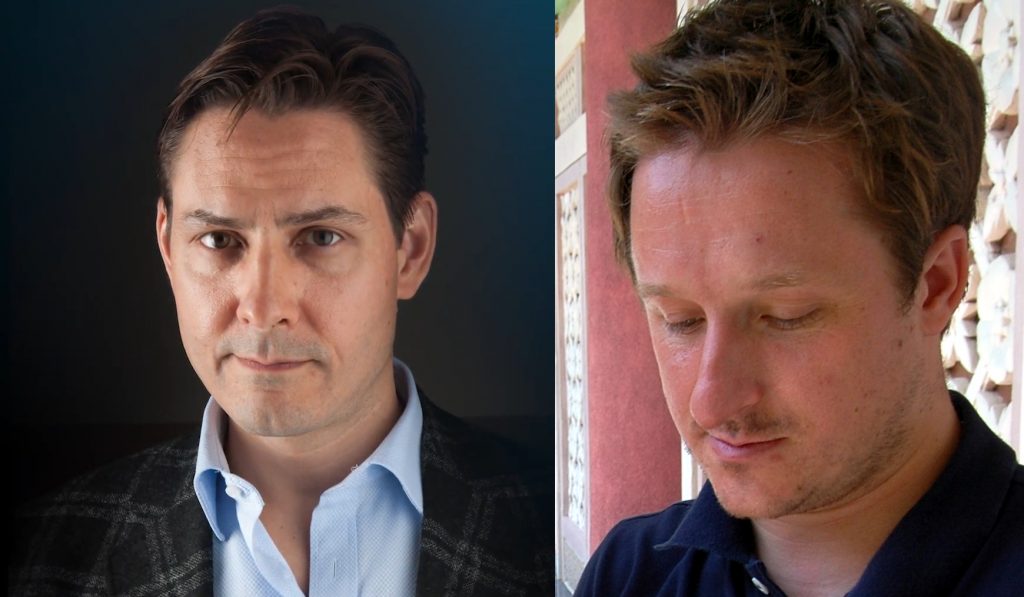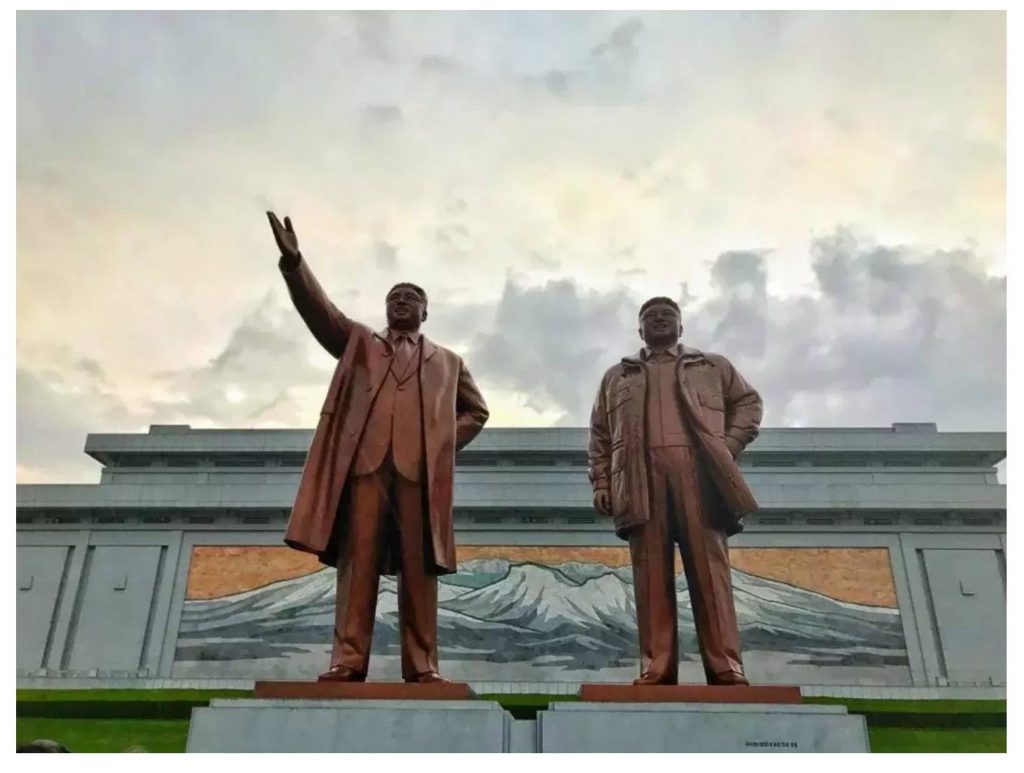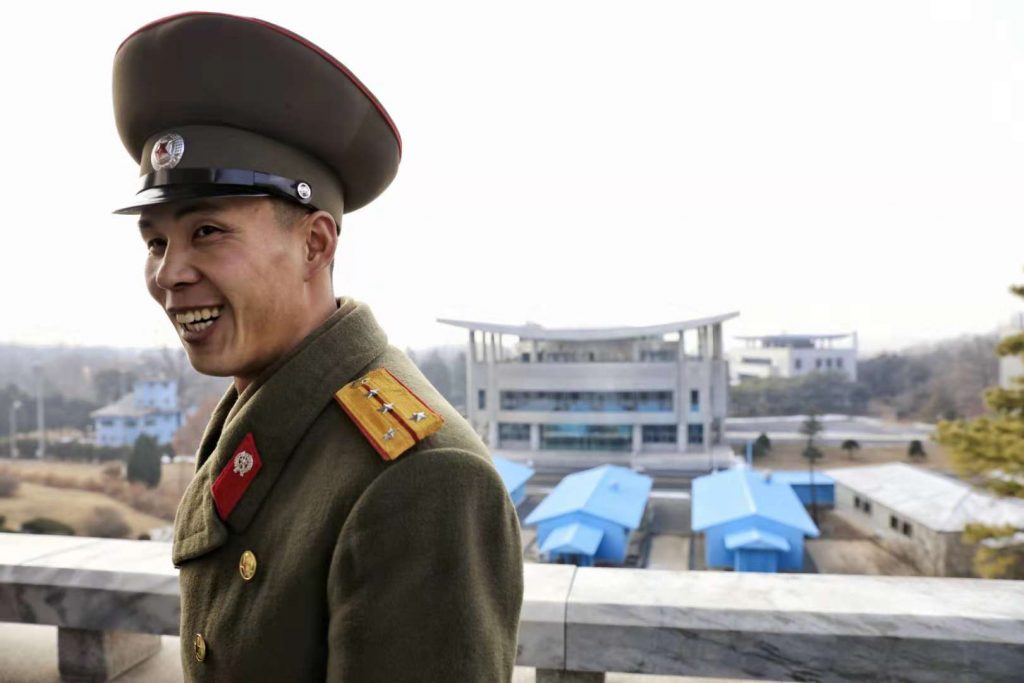Paektu Cultural Exchange (PCE) was founded in 2015 by Gareth Johnson, a British national and founder of Young Pioneer Tours, along with Canadian Michael Spavor, who had previous experience working with the Pyongyang Project.
The organisation took its name from Mount Paektu, a mountain of great cultural and historical significance situated on the China–North Korea border. PCE was initially headquartered in Yanji, before moving to Dandong, where Spavor was eventually arrested.
PCE was presented publicly as a non-profit platform designed to promote cultural and academic exchange with North Korea. Its stated aim was to facilitate dialogue and understanding through curated programs involving cultural, sporting, and policy-related activities. The organisation officially targeted an audience of academics, diplomats, professionals, and business figures interested in North Korea beyond traditional tourism. In actuality it ran very few delegations during its existence.

Operations and Business Model
Although PCE branded itself as a non-profit, it was effectively operated as a for-profit business. It is not known if the company had any formal registration in China, or beyond.
PCE organised a variety of activities, including cultural exchanges involving music, sports diplomacy such as friendly hockey matches, and academic delegations to Pyongyang. These initiatives were conducted in cooperation with North Korean government ministries and quasi-official organisations, aimed at fostering long-term people-to-people connections.
Unlike conventional travel companies, PCE’s remit was not to offer tours as such, although there was enough crossover to consider it a travel agency.


Michael Spavor’s Leadership and Arrest
Johnson departed the project in 2027 without making a public statement after which Michael Spavor took full control of Paektu Cultural Exchange. Attempting to leverage his network within North Korea, Spavor facilitated a few cultural and business exchanges during this time period.
In December 2018, Spavor was detained by Chinese authorities on charges of espionage. This arrest closely followed the detention of Huawei CFO Meng Wanzhou in Canada, leading many observers to suspect a connection, though Chinese officials never explicitly confirmed this. In 2021, after a closed-door trial, Spavor was sentenced to 11 years in prison.
He was eventually released in September 2021 as part of a diplomatic resolution between China and Canada that also involved Meng’s return. He has since received a large payout from the Canadian government.
Spavor’s arrest and conviction effectively ended Paektu Cultural Exchange’s operations, as well as likley his chances of returning to the DPRK.

Michael Kovrig (left) and Michael Spavor (right)
Website and Online Presence
Paektu Cultural Exchange’s website, paektuculturalexchange.org, once served as a hub outlining the organisation’s programs and projects. However, the site is no longer active and now redirects to a generic placeholder page, suggesting the domain registration has expired.
The organisation’s Facebook and Twitter accounts similarly became inactive following Spavor’s arrest in late 2018.
Current Status and Legacy



Currently, Paektu Cultural Exchange is defunct. It remains an illustrative example of the challenges inherent in combining cultural diplomacy with business activities in a politically sensitive context like North Korea.
The organisation’s ambiguous status, as a purported non-profit operating as a for-profit venture without formal registration, coupled with the geopolitical fallout from Spavor’s detention, underscores the risks faced by those engaging with the DPRK outside official government channels.
Though its lifespan was short and its impact limited, PCE reflects a unique chapter in the attempts to foster unofficial cultural and diplomatic engagement with the DPRK during a period of heightened international tension.
Click to check out our travel section.
